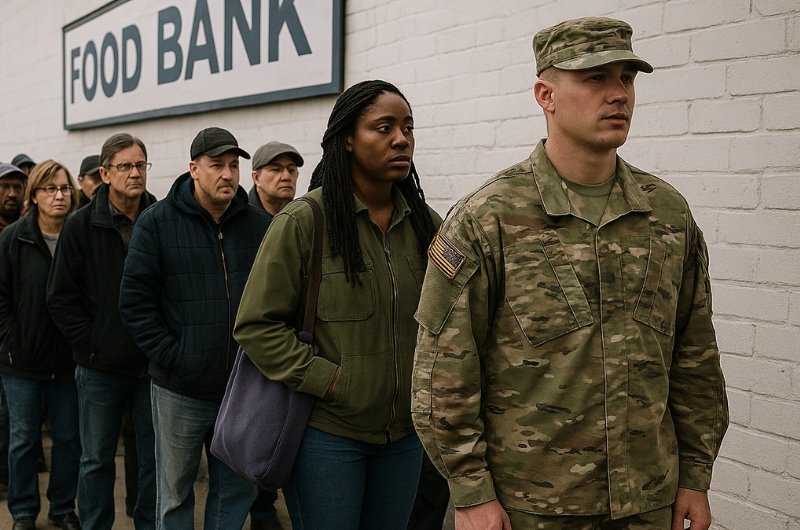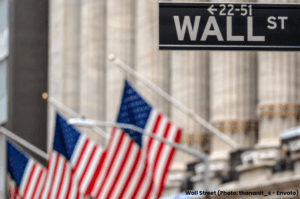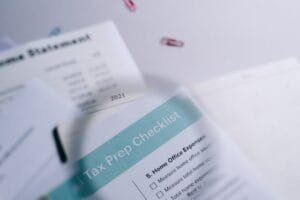
The convergence of a prolonged government shutdown, sweeping corporate layoffs, and an AI-driven labor shift is redefining America’s economic stability.
1. The Perfect Labor Storm
Three converging forces are reshaping the U.S. job market into a crisis unlike any in recent memory.
The federal government shutdown, now stretching through October, has left hundreds of thousands of federal employees furloughed or working without pay. In the private sector, major corporations are cutting deep—especially in technology, retail, and logistics—while hiring has largely frozen.
Although the national unemployment rate remains just above 4%, the broader picture tells a different story: slower hiring, longer job searches, and shrinking opportunities for mid-level professionals displaced by automation. Many economists warn that even as companies tout “efficiency,” the human cost of this recalibration is becoming harder to ignore.
2. Unpaid Federal Workers and the Strain on Savings
As the shutdown lingers, more federal workers are now missing entire pay cycles. Some are tapping emergency savings, while others are resorting to hardship withdrawals from retirement accounts such as 401(k) plans.
Unlike past shutdowns, the current one coincides with higher consumer costs and interest rates, leaving even those with modest savings unable to stretch their pay gaps for long. Federal contractors, many of whom are not eligible for back pay, face even greater uncertainty about how long their jobs—and their benefits—will remain intact.
3. Low-Income Families and Food Bank Demand
Low-income families are among the first to feel the strain of economic shocks. With layoffs mounting and the shutdown halting public assistance programs in some areas, demand at food banks is climbing.
Organizations across the country are reporting longer lines, reduced inventories, and increased reliance on donations that can’t keep pace with need. The combination of job losses, rising rents, and stalled benefits has pushed more working families into food insecurity than at any point since the pandemic.
4. The Economic Ripple Effect
The ripple effects of this crisis reach far beyond the unemployment line. Each additional week of the government shutdown is expected to cost the United States economy roughly 15 billion dollars in lost Gross Domestic Product (GDP), with a month-long impasse potentially adding tens of thousands of new unemployed workers.
Corporate hiring freezes and AI-driven job consolidation compound the problem. Businesses that once relied on human labor for operations, logistics, and administration are increasingly replacing those roles with automation and generative AI systems. The result is an economy that looks stable on paper but feels increasingly brittle on the ground—one where growth depends less on people and more on productivity algorithms.
5. The Human Equation
What’s unfolding is more than a fiscal issue—it’s a human one. Families juggling missed paychecks, rising food costs, and uncertain futures are confronting a form of economic fatigue that defies statistics. Workers who once viewed their jobs as secure are now reevaluating their place in a shifting labor landscape that values automation over longevity.
The Wallet Perspective
For millions of Americans, this moment feels less like an economic cycle and more like a reckoning. Paychecks have stopped, jobs are vanishing, and savings accounts are shrinking at the very moment people need them most. The numbers may read like policy statistics, but behind every data point is a grocery bill, a mortgage payment, or a family standing in a food-bank line. The question now is how many Americans will be financially standing when the economy recovers.






















































